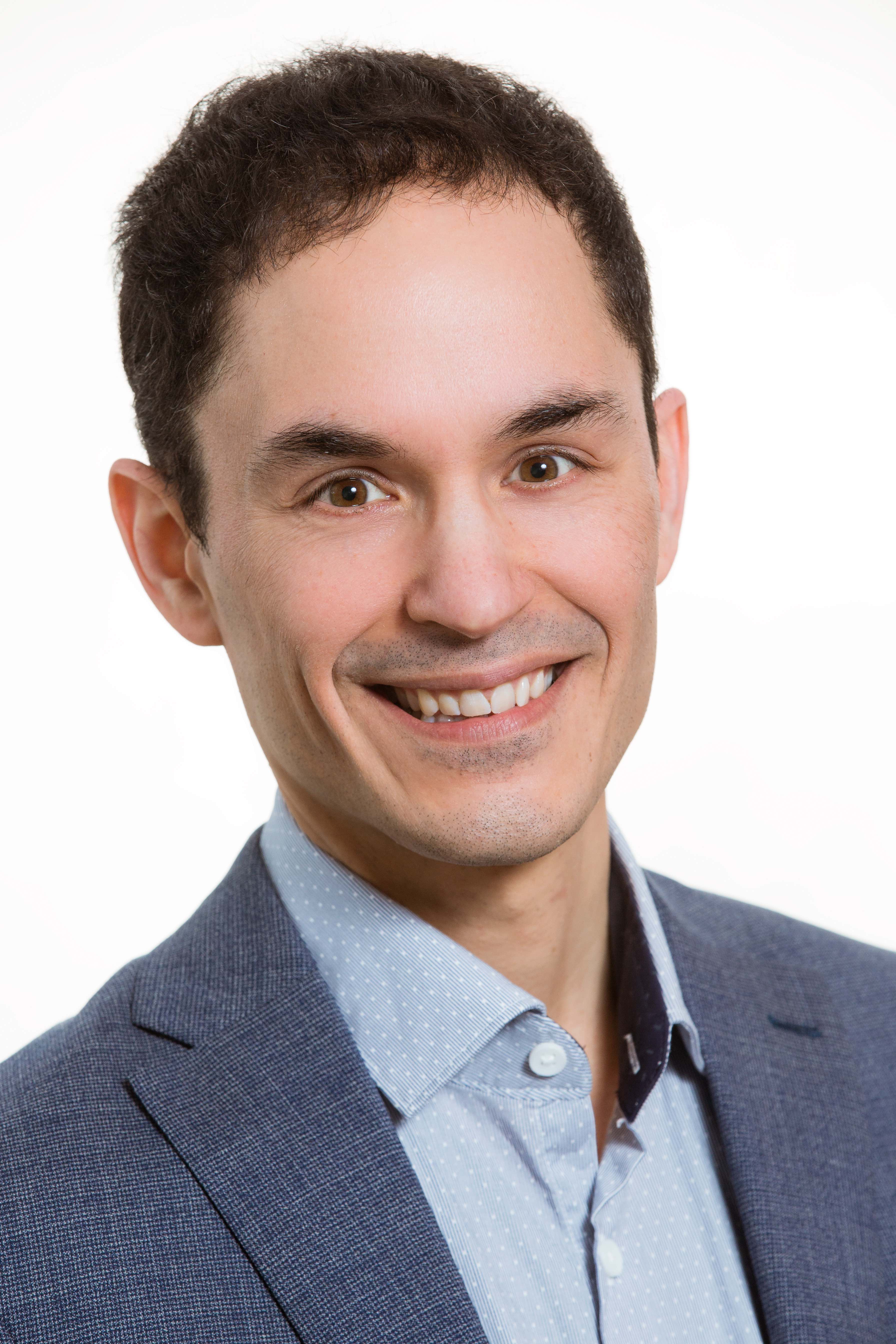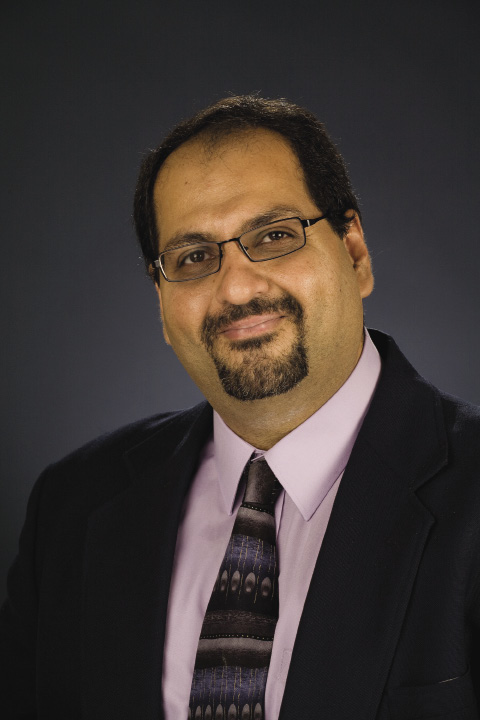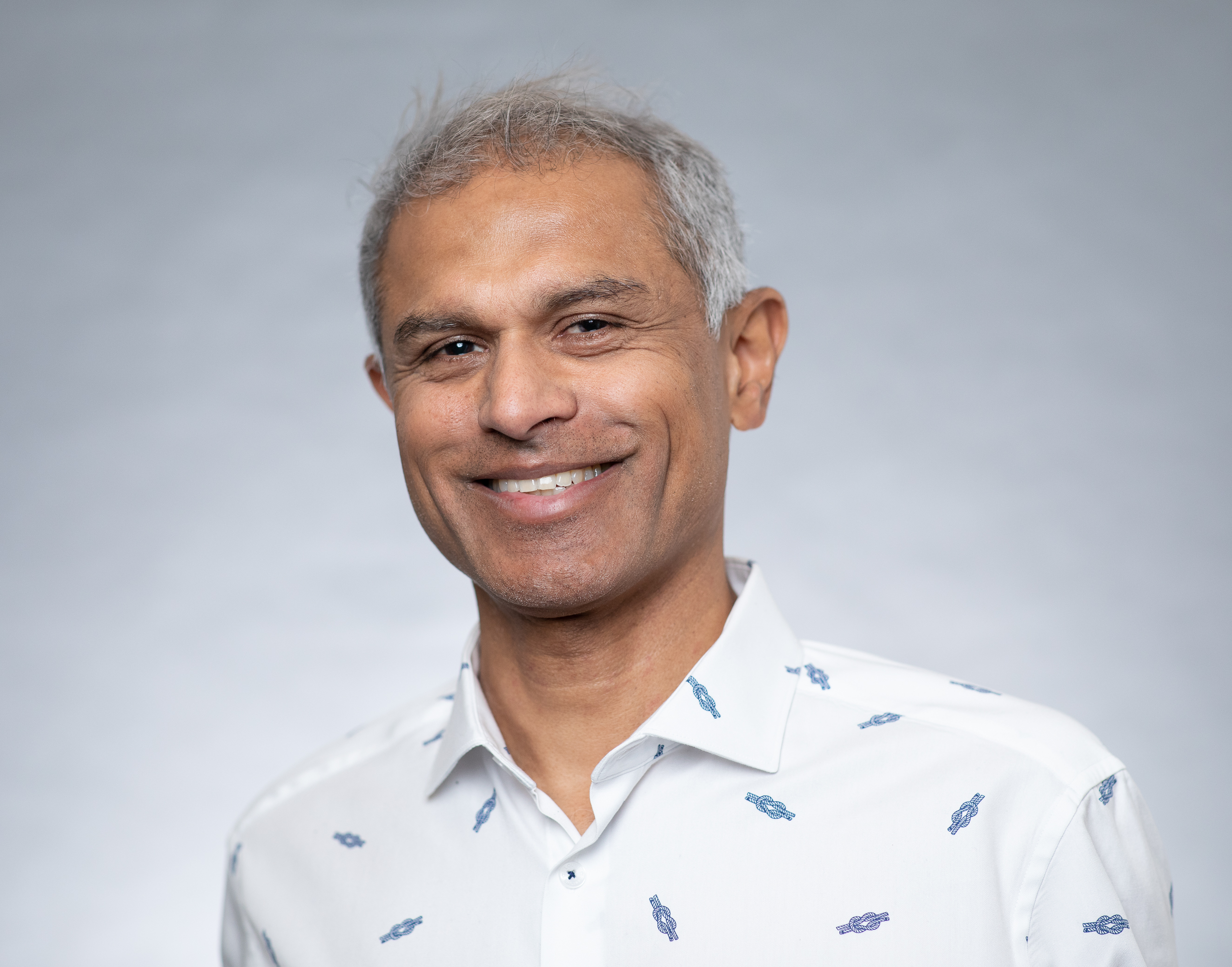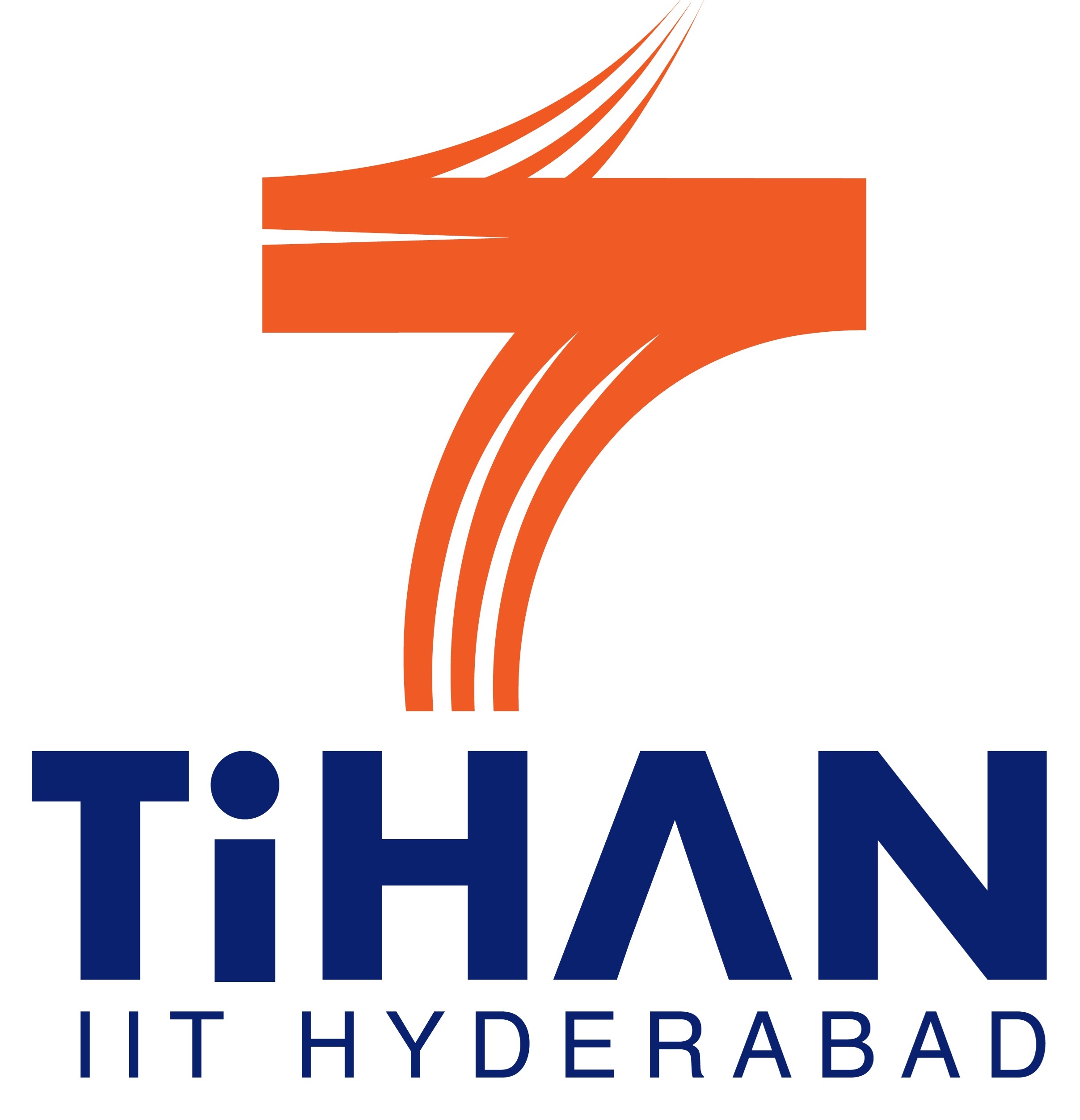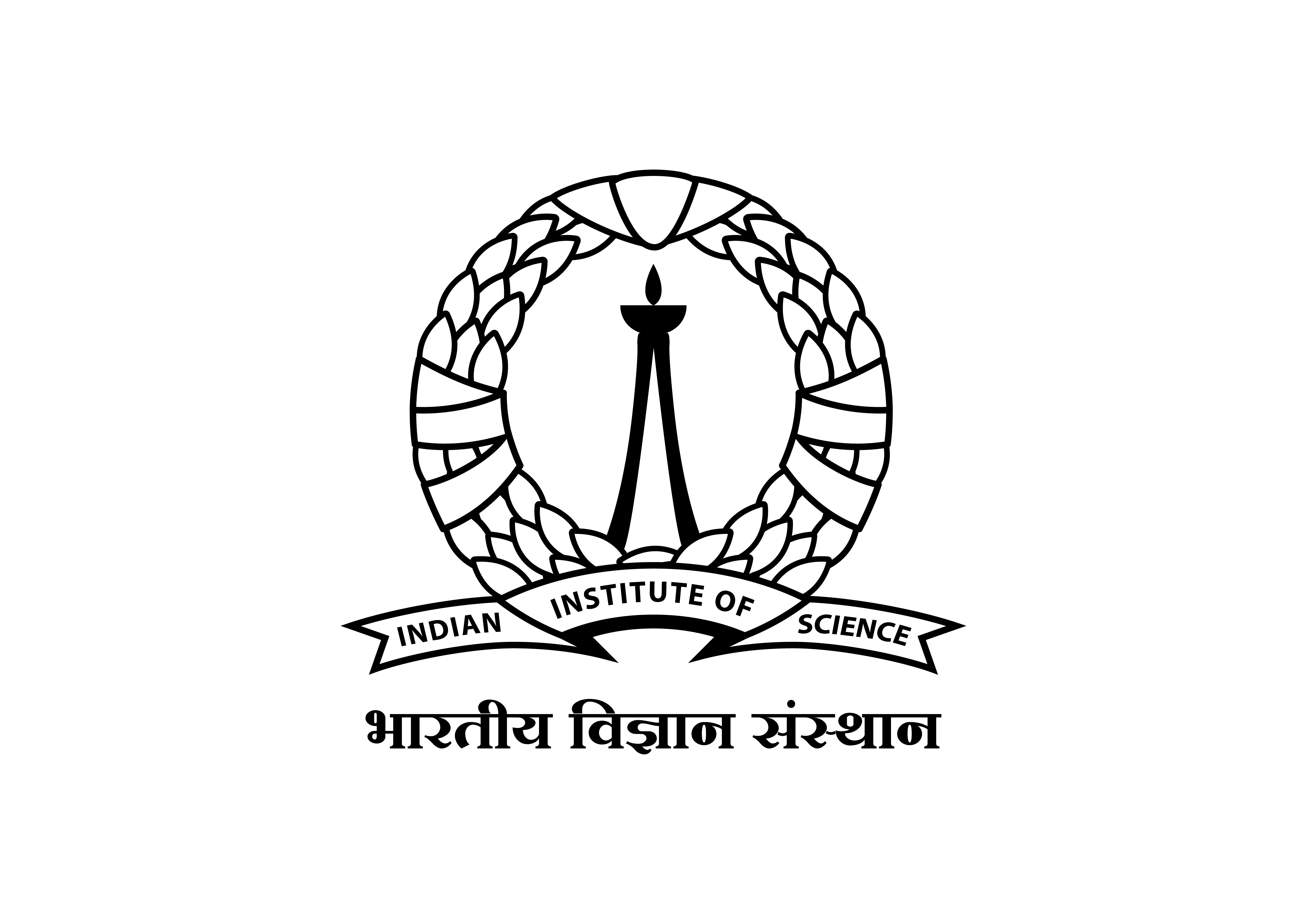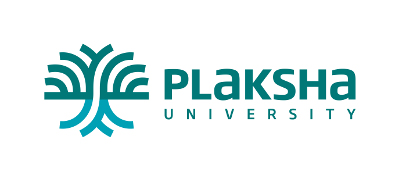Keynote Speakers
Fernando Kuipers
Delft University of Technology, NetherlandsVisit Homepage
Communication networks are crucial during disasters, but communication networks are also vulnerable to disasters. While disasters have high impact, they typically do not occur often, which is why many networks are not designed with disaster-resilience in mind. Unfortunately, when disasters strike, standard network resilience mechanisms prove inadequate and large-scale outages manifest. Large-scale network outages also stem from human errors introduced while configuring and programming networks. In this talk, I will discuss both types of large-scale failures and present the gist of some of the tools and techniques that we have devised to mitigate their impact.
Fernando A. Kuipers is a full professor and head of the Lab on Internet Science at Delft University of Technology (TU Delft). In 2004, he obtained his Ph.D. degree cum laude, the highest possible distinction at TU Delft. His research focuses on network optimization, network resilience, Quality of Service, and Quality of Experience and addresses problems in programmable networks, Internet-of-Things, and critical infrastructures. His work on these subjects include distinguished papers at IEEE INFOCOM 2003, Chinacom 2006, IFIP Networking 2008, IEEE FMN 2008, IEEE ISM 2008, ITC 2009, IEEE JISIC 2014, NetGames 2015, and EuroGP 2017. Fernando Kuipers is senior member of the IEEE, was a visiting scholar at Technion - Israel Institute of Technology (in 2009) and Columbia University in the City of New York (in 2016), and is member of the ACM SIGCOMM executive committee. He co-founded the Do IoT fieldlab and PowerWeb and is part of the board of the TU Delft Safety & Security institute.
Ness B. Shroff
Ohio State University, USAVisit Homepage
Networking and AI are two of the most transformative information technologies. These technologies have helped improve the quality of the human condition, contributed to national economic competitiveness, national security, and national defense. The AI-EDGE Institute is aimed at leveraging the synergies between both networking and AI to design the next generation of edge network. A new distributed intelligence plane will be developed to ensure that these networks are self-healing, adaptive, and self-optimized. The future of AI is distributed AI and these intelligent and adaptive networks will in turn unleash the power of collaboration to solve long-standing distributed AI challenges, making AI more efficient, interactive, and privacy preserving. The Institute plans to develop the key underlying technologies for distributed and networked intelligence to enable a host of future transformative applications such as intelligent transportation, remote healthcare, distributed robotics, and smart aerospace. Going beyond research, the Institute recognizes that it is a national priority to educate students, professionals, and practitioners in AI and networks, and substantially grow and diversify the workforce. The Institute will develop novel, efficient, and modular ways of creating and delivering education content and curricula at scale, and to spearhead a program that helps build a large diverse workforce in AI and networks spanning primary and secondary education to university students and faculty. In this talk, the speaker gave an overview of the key components of the Institute, identifying a set of interesting research directions. Further, the speaker will also describe through a case study involving caching, why the edge is so different from the core of the network, and how Machine Learning (ML) tools and techniques can be developed to improve performance.
Ness B. Shroff received his Ph.D. degree from Columbia University, NY in 1994 and joined Purdue university immediately thereafter as an Assistant Professor. At Purdue, he became Professor of the school of Electrical and Computer Engineering and director of CWSA in 2004, a university-wide center on wireless systems and applications. In July 2007, he joined the ECE and CSE departments at The Ohio State University, where he holds the Ohio Eminent Scholar Chaired Professorship of Networking and Communications. From 2009-2012, he also served as a Guest Chaired professor of Wireless Communications at Tsinghua University, Beijing, China, and an Honorary Guest Professor at Shanghai Jiatong University. He currently holds a visiting position at the Indian Institute of Technology, Bombay. He currently serves as the Principal Investigator and Institute Director of the NSF AI Institute on Future Edge Networks and Distributed Intelligence (ai-edge.osu.edu).
Dr. Shroff’s research focuses on fundamental problems in machine learning, network optimization, stochastic control, and algorithmic design. His work contributes to the design, control, performance, pricing, and security of complex systems such as communication networks, computing, storage and cloud based systems, social networks, and recommendation systems.
He served as the Editor in Chief of the IEEE/ACM Trans. on Networking, and currently serves as the Steering Committee Chair of ACM Mobihoc. He has also been the technical program chair of a number of IEEE and ACM conferences (e.g., IEEE INFOCOM 2003, ACM Mobihoc 2008, etc.), and has served on the editorial boards of various IEEE journals, as well as on the technical and executive committees of several major conferences and workshops. He has given several keynote addresses at major conferences and has also organized a number of workshops for the National Science Foundation.
Dr. Shroff is a Fellow of the IEEE, and a National Science Foundation CAREER awardee. His papers have received numerous awards at top-tier venues. For example, he received the best paper award at IEEE INFOCOM 2006, IEEE INFOCOM 2008, and IEEE INFOCOM 2016, the best paper of the year in the journal of Communication and Networking (2005) and in Computer Networks (2003). He also also received runner-up awards at IEEE INFOCOM 2005 and IEEE INFOCOM 2013. In addition, his papers have received the best student paper award (from all papers whose first author is a student) at ACM Sigmetrics 2017, IEEE WiOPT 2013, IEEE WiOPT 2012, and IEEE IWQoS 2006. Dr. Shroff is on the list of highly cited researchers from Thomson Reuters ISI (previously ISI web of Science) in 2014 and 2015, and in Thomson Reuters Book on The World's Most Influential Scientific Minds in 2014. He received the IEEE INFOCOM achievement award for seminal contributions to scheduling and resource allocation in wireless networks, in 2014.
Hari Balakrishnan
MIT, USAVisit Homepage
Accurate digital maps have become a key asset used by many modern mobile applications. Their importance is rising fast on our road to multimodal, carbon-friendly, crash-free, and autonomous mobility. The commercial race to build accurate digital maps is truly on. In the near future, the most accurate maps may be proprietary, belonging to a small number of behemoth companies, inaccessible to researchers and smaller organizations. We need a concerted effort to improve and maintain open resources such as OpenStreetMap (OSM). With this motivation, we started the Mapster project, a collaboration between MIT CSAIL and QCRI in Qatar. Between 2016 and 2022, we developed scalable automated methods to use a variety of sensor data sources — including aerial imagery and telematics data — to construct and update digital maps. This talk will present an overview of the problems we tackled and key ideas, and dive into two technical problems. The first is Sat2Graph, a new way to construct maps from aerial imagery using an ideal called Graph Tensor Embedding, which encodes a road network as a tensor to use in deep learning. The second is Crash Rate Maps, which develops a way to accurately predict the likelihood of a vehicle crash at a fine-grained resolution (5 meters) for every road in the world. The results of this project have found their way into OSM and into at least two commercial products. Mapster is joint work with Songtao He (CSAIL), Favyen Bastani (CSAIL), Sofiane Abbar (QCRI), Mohammad Alizadeh (CSAIL), Sanjay Chawla (QCRI), Mohammad Elshrif (QCRI), Satwat Jagwani (CSAIL), Jordan Lucier (CSAIL), Sam Madden (CSAIL), Edward Park (CSAIL), and Mohammad Sadhegi (QCRI).
Hari Balakrishnan is the Fujitsu Professor of Computer Science and AI at MIT. His research is in networked computer systems. He has made many contributions to mobile and sensor computing, congestion control, resilient networks, peer-to-peer computing, Internet routing, and data management. He received his PhD in 1998 from the EECS Department at UC Berkeley, which named him a Distinguished Alumnus in 2021, and a BTech in 1993 from IIT Madras, which named him a Distinguished Alumnus in 2013. His honors include the Marconi Prize (2023), the SIGCOMM Award (2021), the IEEE Kobayashi Computers and Communications Award (2021), and the Infosys Prize for Engineering and Computer Science (2020). He was elected to the US National Academy of Engineering (2015) and to the American Academy of Arts and Sciences (2017), and has received six test-of-time awards for his papers. In 2010, based on the CarTel project, Balakrishnan co-founded Cambridge Mobile Telematics (CMT), where he serves as Chairman and CTO. CMT’s mission is to make the world’s roads and drivers safer. Today, CMT is the world's leading telematics service provider, serving many millions of users in 25 countries by partnering with insurers, car makers, commercial mobility companies, and the public sector.







